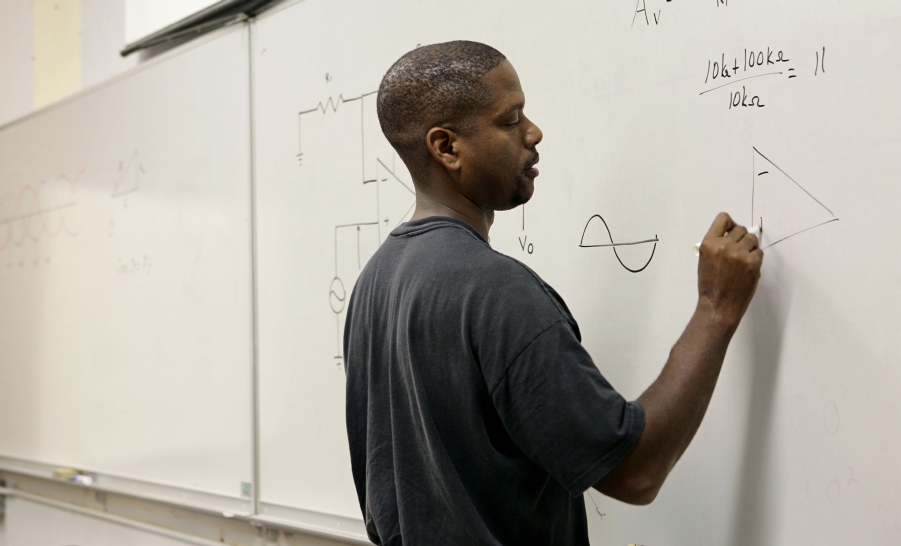Three Ideas for Post-Coronavirus Educational Recovery
There are many ways that schools can proactively address the inevitable and inequitable gaps caused by coronavirus-related school closures.
Torsney et al. / Educational Psychology / August 2023

John Henryism (JH), named after the American folk hero John Henry, is a construct characterised by a behavioural predisposition for high-effort coping with psychosocial stressors. While it has been rigorously studied in the health sciences, little empirical research has focused on how JH emerges within educational contexts, specifically during schoolwork. This exploratory study investigated factors related to JH—race/ethnicity, gender, first-generation college student status, and high-effort coping—on school-based cognitive and emotional engagement. Results revealed that high JH scores predicted positive cognitive and emotional momentary engagement, particularly for racial/ethnic minorities and first-generation college students. Furthermore, in comparing our subsample of first-generation females with our overall sample of female students, the authors learned that JH had a greater positive influence on first-generation females’ momentary engagement than on that of the overall sample of female students. Findings suggest that historically marginalised groups may regularly rely on JH to cope with systemic inequality in school activities.